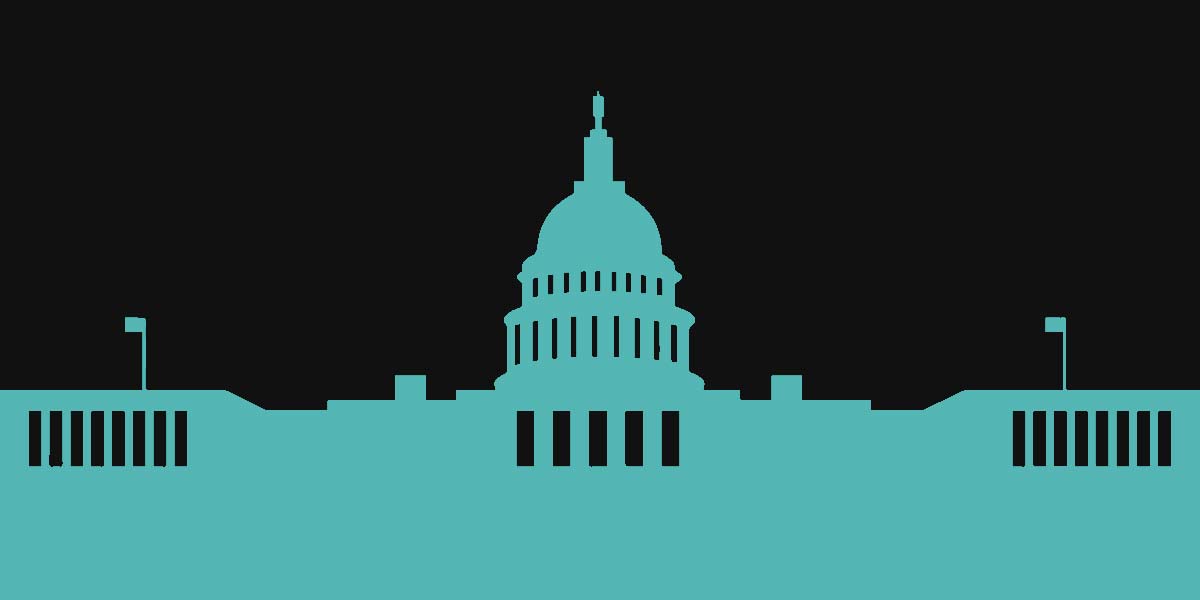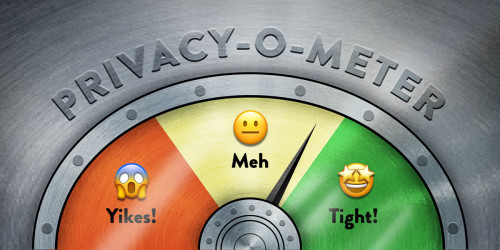Digital ads—and control of the user data that makes them so profitable—are the heart of the consumer privacy debate. Earlier this week, the U.S. Senate Judiciary Committee held a hearing titled “Understanding the Digital Advertising Ecosystem and the Impact of Data Privacy and Competition Policy” to grapple with these complicated and often conflicting ideas.
Judiciary Committee Chairman Senator Lindsey Graham opened the hearing by asking the panelists if Congress should pass a federal privacy law at all, and if they thought we should have “one national standard”—a potentially dangerous idea, as it could preempt stronger existing state laws. The panelists more or less supported a single national law, though we were glad to see Dr. Johnny Ryan argue that a federal law should preempt state law only to the extent that it provides greater protections. Dr. Fiona M. Scott Morton further clarified that even with a strong federal standard, states were still going to want to regulate on top of the law.
Troublingly, when discussing whether or not states should be able to create their own protections for consumers, Chairman Graham said, “It’s my job to make sure we have a viable [digital advertising] industry when this is all done.” But enacting a law that would protect the advertising industry at the expense of his constituents and their privacy is antithetical to the Chairman’s job. Previous hearings on data privacy have featured witness panels stacked with industry advocates, and corporate interests threatening to hollow out existing data privacy laws. Consumers are relying on Congress to resist this pressure, not bow to it.
The rest of the hearing turned to discussions of the role competition plays in a healthy innovation landscape, how to engineer meaningful consent, and who actually owns users’ data.
In his opening statement, Dr. Johnny Ryan urged the Committee “to enact strong privacy rules so that a healthy marketplace can develop. Give consumers freedom to choose the companies and services they want to reward.” He reiterated this point in response to many questions over the course of the hearing, arguing that if people truly had a choice in the services they use online, it would allow them to deny the use of their data in operations which they found unacceptable, which would, in turn, undermine those business models.
In EFF’s letter to the NTIA on consumer privacy, we advocated for a consumer data privacy law that would allow users to delete and port their data, and we argued that interoperability between platforms would give consumers a real choice about what services to use. As Dr. Scott Morton mentioned, the real benefit to the social media platforms is that “all your friends” are also on the platform, but if your friends go elsewhere, you will too. Forcing interoperability among social media platforms, like the way the FCC once mandated interoperability between instant messaging platforms, would provide an incentive to compete for users.
The discussion of consumer choice in the marketplace also led some Senators to question how to achieve meaningful user consent for use of their data. Several Senators correctly noted that the “choice” of either allowing data collection or not visiting a website at all is not a real choice. Brian O’Kelly emphasized this illusion of choice, saying that users in Europe are just getting trained to click “yes” on cookie pop-ups. Further, he said, “If you gave me the choice of getting robbed, I’d say no. But why give me the choice? Just make robbery illegal.” We agree: notice and consent is not enough protection for users and any consumer data privacy law must also limit the data that companies can collect.
Some elected officials (including the Governor of California) seem to think it would also be a good idea to allow users to directly profit from the sale or use of their data. We disagree. In this hearing, Senator Coons brought up the idea of allowing users to treat their own personal data as a thing to be bartered away in exchange for benefits from companies. Fortunately, the witnesses pushed back on this troubling idea. While it may sound appealing, putting this idea into law would treat privacy not as the a fundamental human right it is, but as a luxury item to be enjoyed by the people who can afford it.
While it’s difficult to draw one or two discrete conclusions from this hearing, it’s heartening to see Senators wrestling with thorny questions and having a real conversation with experts. We look forward to many more of these conversations in the future.













